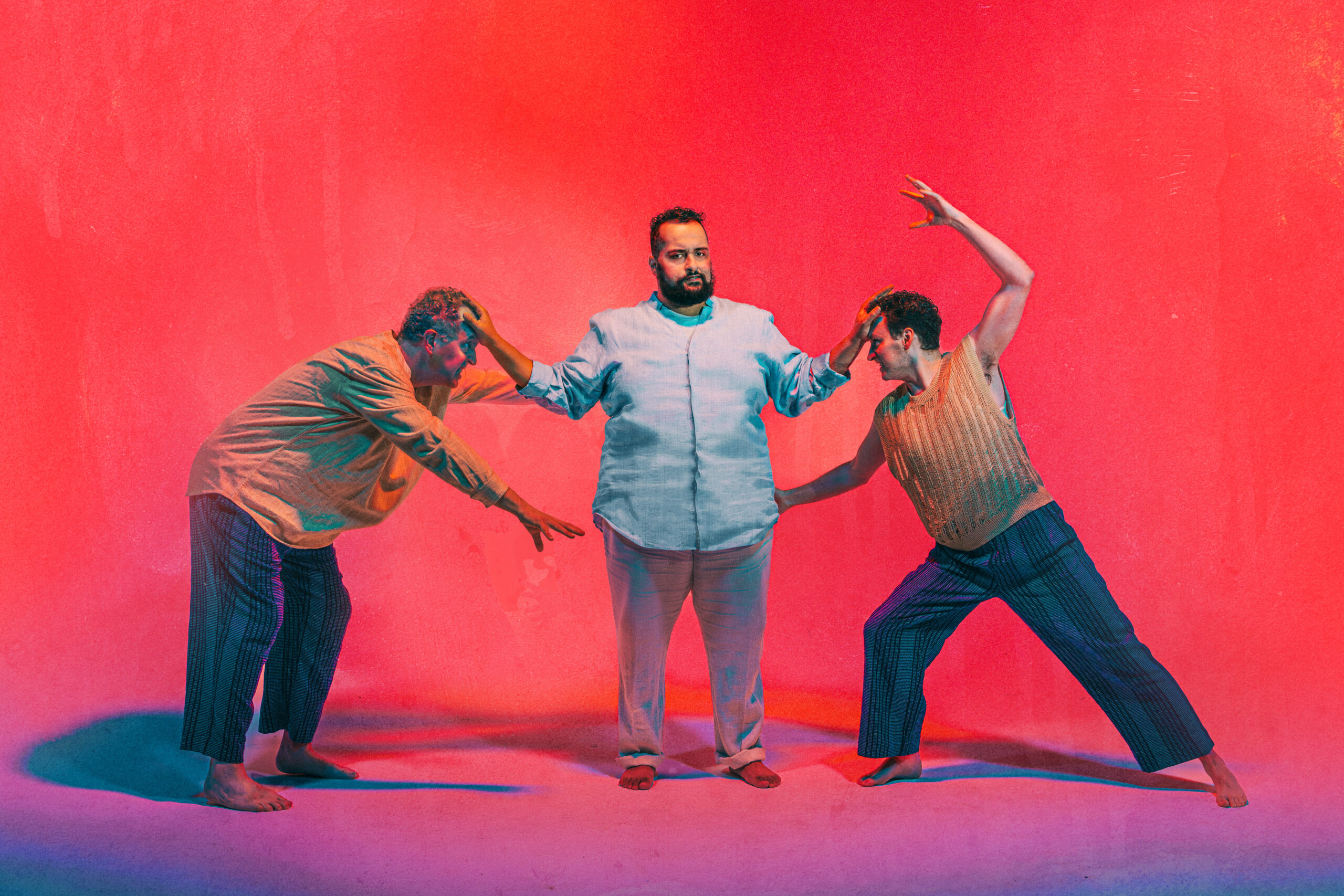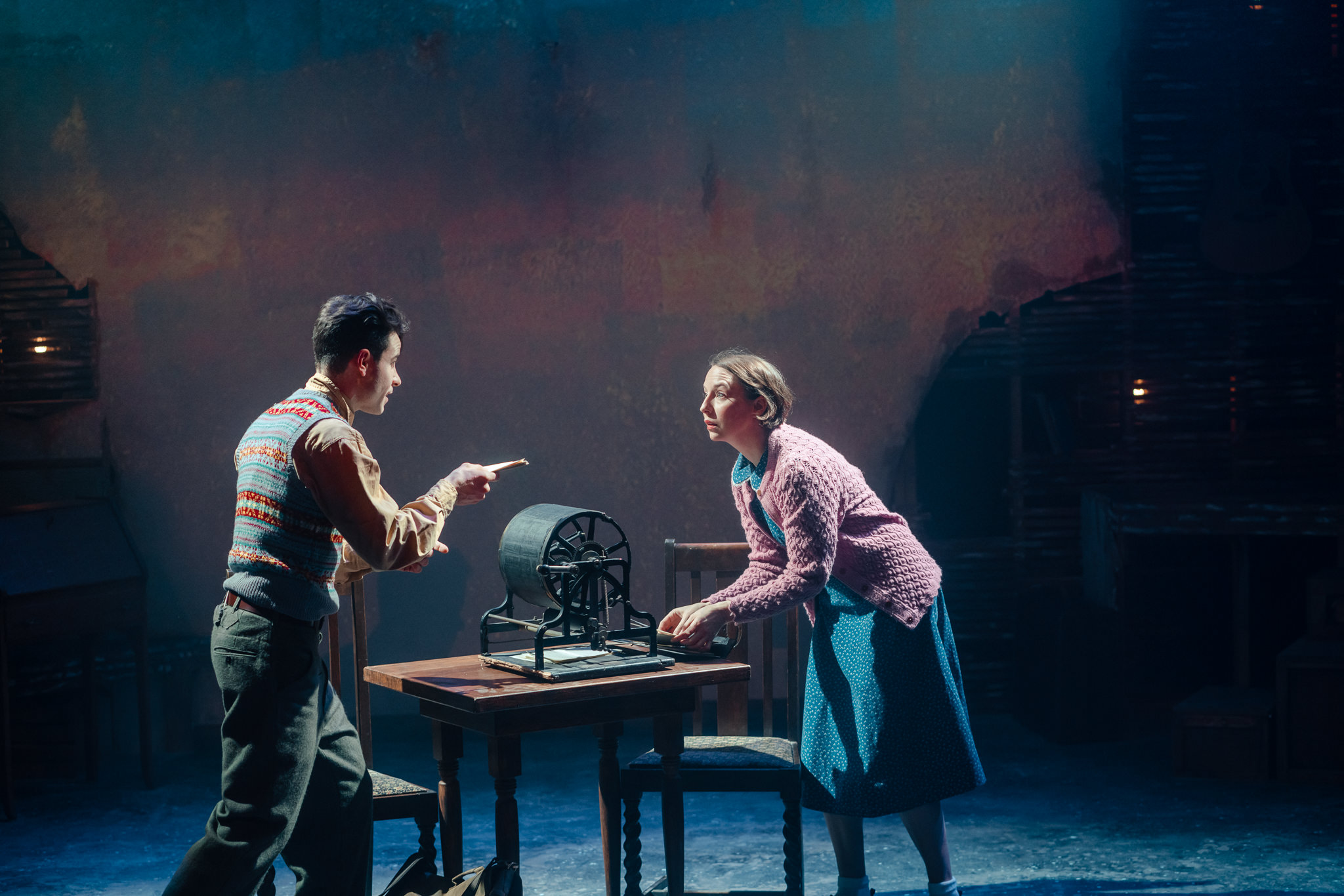Originally posted on Dallas Observer
In the 1930s, children all over Germany were sucked into Hitler’s ideology by means of the youth organization Hitlerjugend. Two such children were Hans and Sophie Scholl. Like many Germans, the Scholl siblings were initially enamored by the promises of national socialism and eager to swear loyalty to their country and the Führer. However, within a few years they had begun to recognize the reality of Naziism. Unable to outwardly defy Hitler, the two began an underground resistance with a few friends called the White Rose. The group secretly distributed pamphlets throughout Germany, alerting the public to the inhumanity of national socialism.
In 1943, Hans and Sophie were captured by the Gestapo and executed for crimes against the state. This puts a stamp of tragedy on their story; in spite of this, they were influential in the disillusionment of the Third Reich and are an encouraging reminder of the possible strength of humanity even under harsh situations like dictatorships.
In honor of the 75th anniversary of the end of World War II, Amphibian Stage in Fort Worth is premiering their own version of the Scholls’ story called Hans & Sophie, from now through March 1.
The play was written by Deborah Yarchun, Illana Stein and Sean Hudock; Stein also directs, and Hudock plays Hans. The collaborative creation of the play from script to performance gives it an intimate, curated cohesion. This plays leans heavily on language: although the moments of live dialogue are convincing and delightful, there are also many more poetic soliloquies and asides, as well as recitations from important works of German literature. The characters’ eloquence may be unrealistic, but it contributes to the poetic portrait of young heroism and sacrifice.
DFW is lucky to have this lovingly crafted production. Through it, we can witness the heroism of Hans and Sophie Scholl while also enjoying high-caliber theater. The significance of the Scholls’ history is made all the more real to us by a truly beautiful production, its beauty commensurate with its message of human bravery and sacrifice.And realism isn’t the sole aim of this play, anyway. Although it’s a true story, the production transcends the limitations of reality. Much of this is achieved through its minimalist style. There are only two actors and both are onstage for pretty much the entire play. They make quick costume changes onstage to signal the passing of time and changing of circumstance: an army jacket tells us Hans is now fighting on the front, an apron tells us Sophie (Rebekah Brockman) has been forced into the menial factory work mandated by the Third Reich.



